KHANKENDI, Azerbaijan, December 30. Over the
past year, significant construction and restoration work has been
carried out in Azerbaijan’s Khankendi, a city recently liberated
from occupation, Trend reports.
The Public Relations Department of the Restoration,
Construction, and Management Service in Khankendi city, Aghdara and
Khojaly districts noted the recent data in their 2024 year-end
update.
The report highlights the substantial work completed in these
regions, particularly in Khankendi, which was returned to
Azerbaijani control as a result of local anti-terrorist operations
carried out by the Azerbaijani army in September 2023. These
efforts were part of the wider mission set by the President of the
Republic of Azerbaijan, Ilham Aliyev, to restore the economy,
housing, employment, and infrastructure and carry out
reconstruction.
Notably, significant progress has been made in promoting
economic activity, attracting private sector investments, and
creating jobs. Hundreds of businesses are now operating across a
range of sectors, including manufacturing, services, public
catering, and agriculture. Investments worth tens of millions of
manats have been made, creating employment opportunities for
hundreds of local residents.
Among the key initiatives is the establishment of a sewing
factory in Khankendi, set up with Uzbek investments. The factory,
which opened in November, is expected to employ up to 400 people
initially, with plans to expand to 800 jobs in the future.
Currently, 300 people are employed at the facility. The factory
produces both local and Uzbek raw materials, with 80 percent of its
output set to be exported, contributing significantly to non-oil
exports in the region.
Reconstruction projects in Khankendi, Khojaly, and Aghdara
continue under the direct supervision of the head of state, who
regularly visits the area to monitor the progress of these
works.
On May 28, the process of returning displaced persons to Khojaly
began, with the first 46 families resettled. Additional families
were relocated in December, with 27 families moved to the village
of Ballidja and 21 families to other parts of Khojaly.
In Khankendi, the population is steadily growing, with nearly
8,000 residents currently living in the city. The government plans
to expand resettlement efforts further.
Notable infrastructure developments include the launch of a new
airport terminal in Khojaly, which President Ilham Aliyev visited
on July 5, 2024, to oversee its restoration. This project is
crucial for improving logistical capabilities in the region.
In addition, President Ilham Aliyev participated in the
reopening of the “Karabakh” and “Palace” hotels in Khankendi,
following extensive renovations. The President also laid the
foundation for a new Congress Center and Hotel in Khankendi,
designed in a unique Karabakh architectural style.
President Ilham Aliyev has reviewed the ongoing construction of
the Congress Center on Victory Square in Khankendi, along with the
restoration work at the Bulud Hotel on September 20, 2024. The
Congress Center is being designed to meet modern standards,
providing a venue capable of hosting events of both national and
international significance.
As part of continuing efforts to restore and modernize
Khankendi, the President signed several key orders in 2024 aimed at
advancing infrastructure projects and improving living conditions
in the city. These initiatives are critical to ensuring the return
of displaced communities and fostering economic recovery.
In addition to infrastructure development, plans for further
infrastructure and urban development are already in motion for
2025. The continued focus will be on creating a Victory Park, a
Victory Museum, and a new cultural center to enhance the quality of
life for the local population. International firms like Chapman
Taylor are working on the city’s master plan to further develop
Khankendi.
Looking ahead, 2025 is set to be a pivotal year, with the
planned completion of key infrastructure projects and services,
alongside continued restoration work in surrounding areas. The next
phase will focus on the return of former internally displaced
persons, further cementing the region’s recovery and growth.










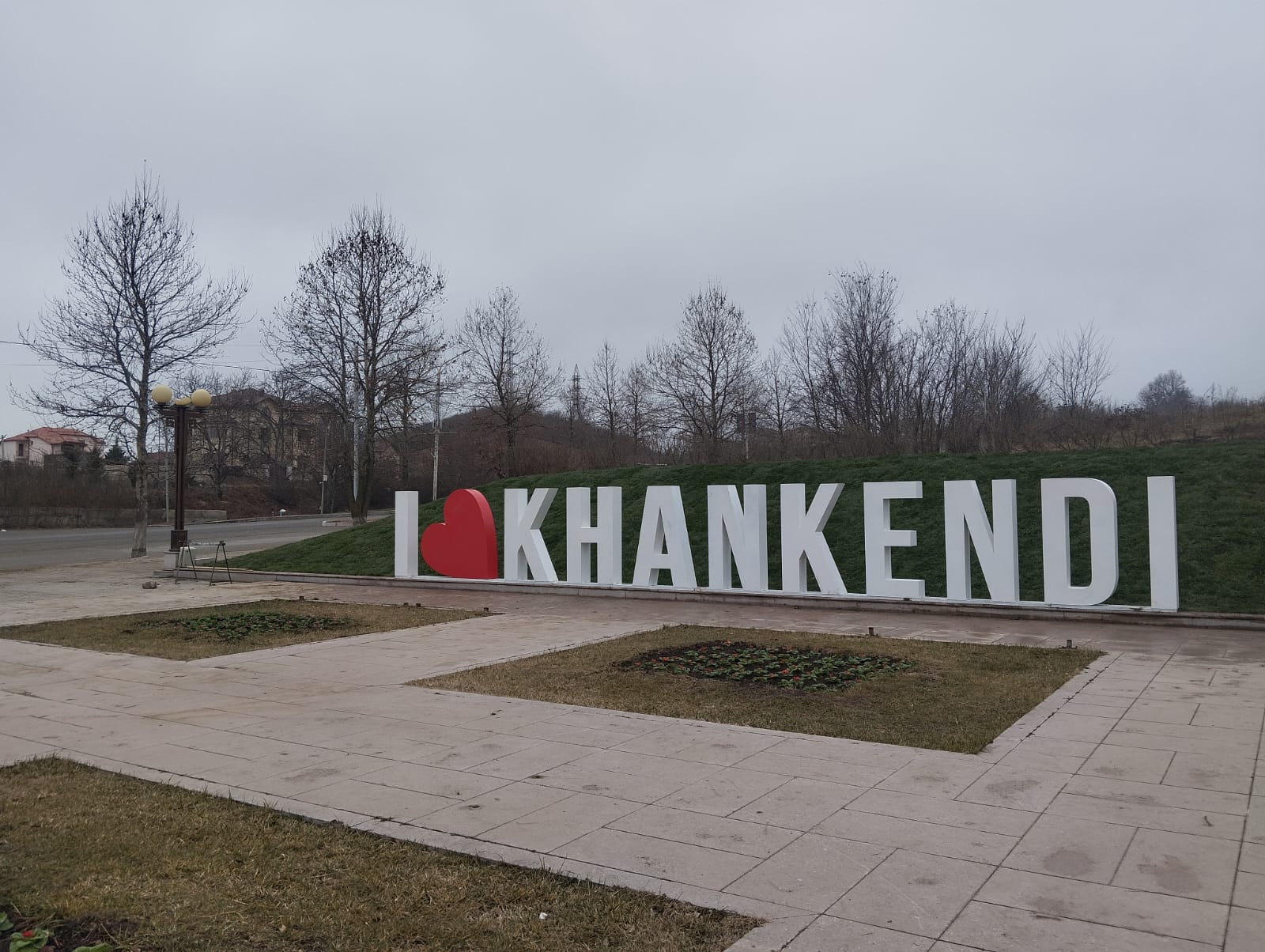


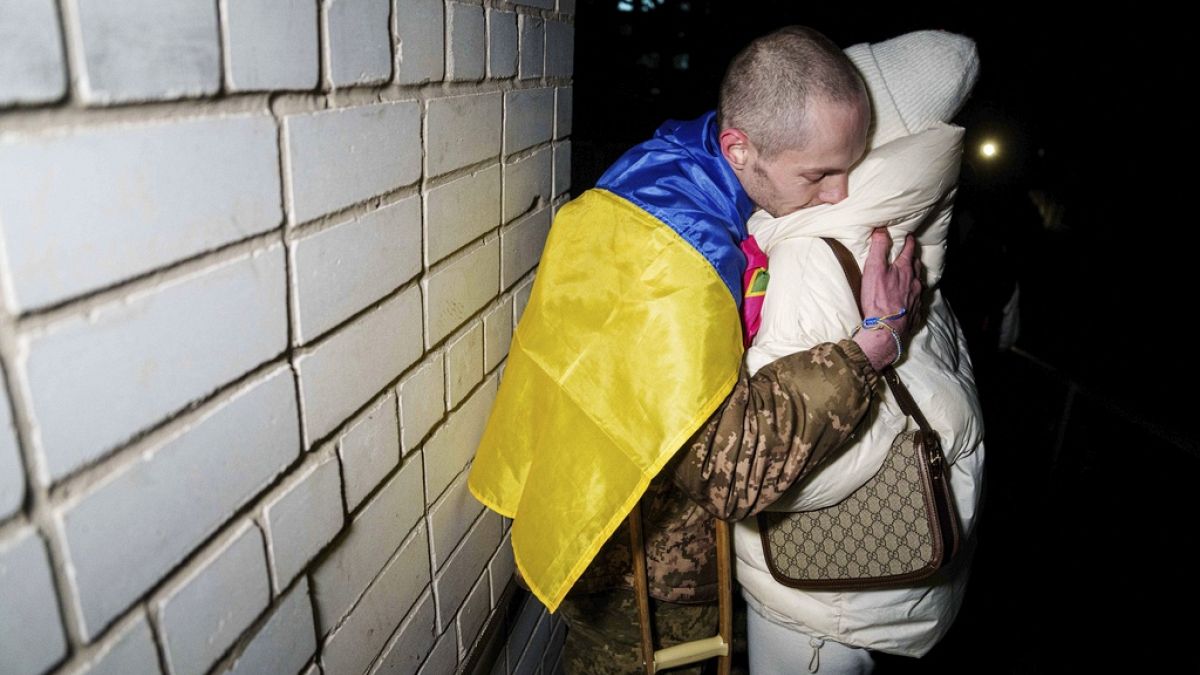
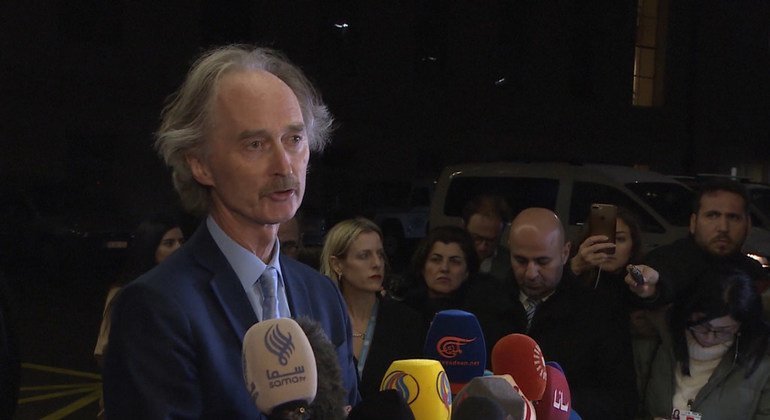

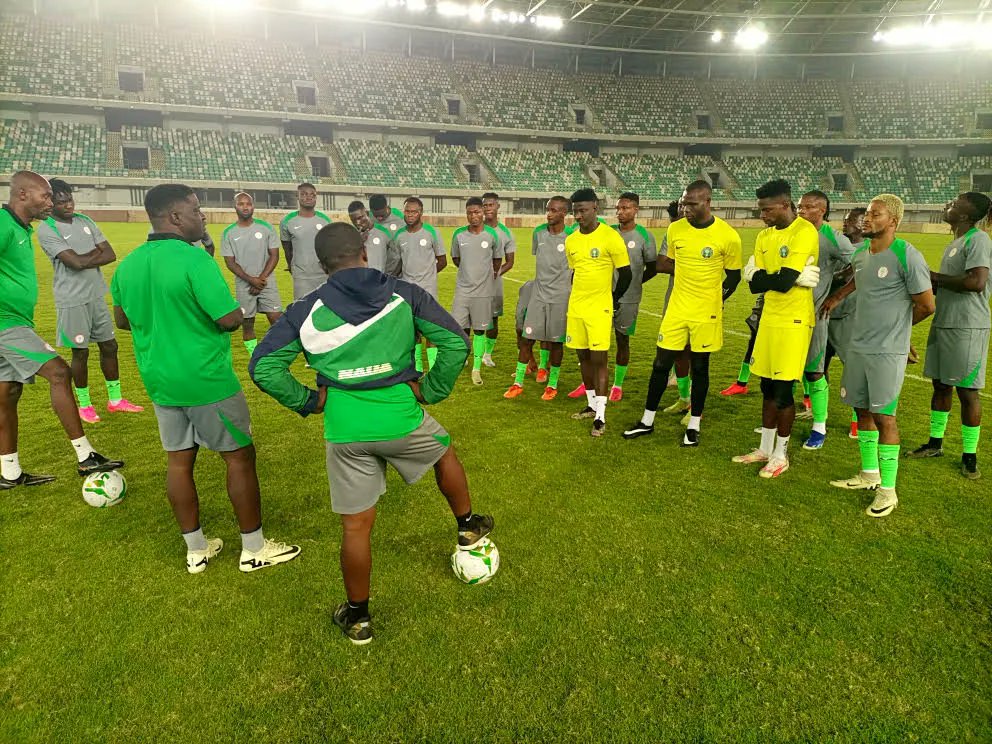

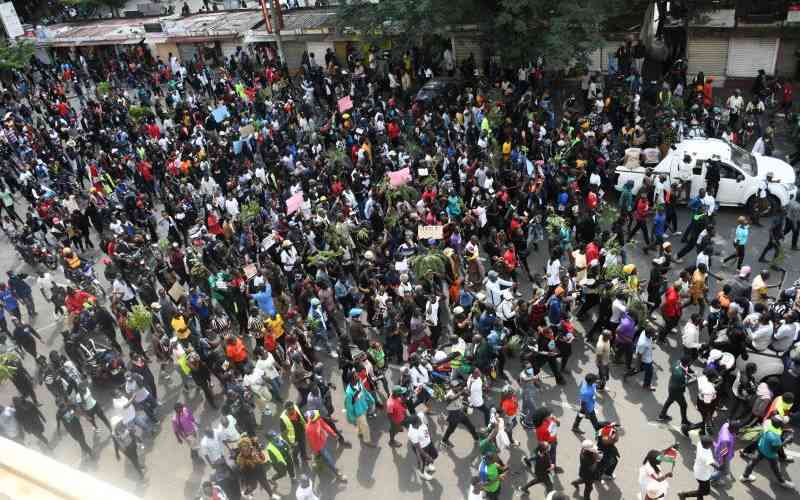


Discussion about this post